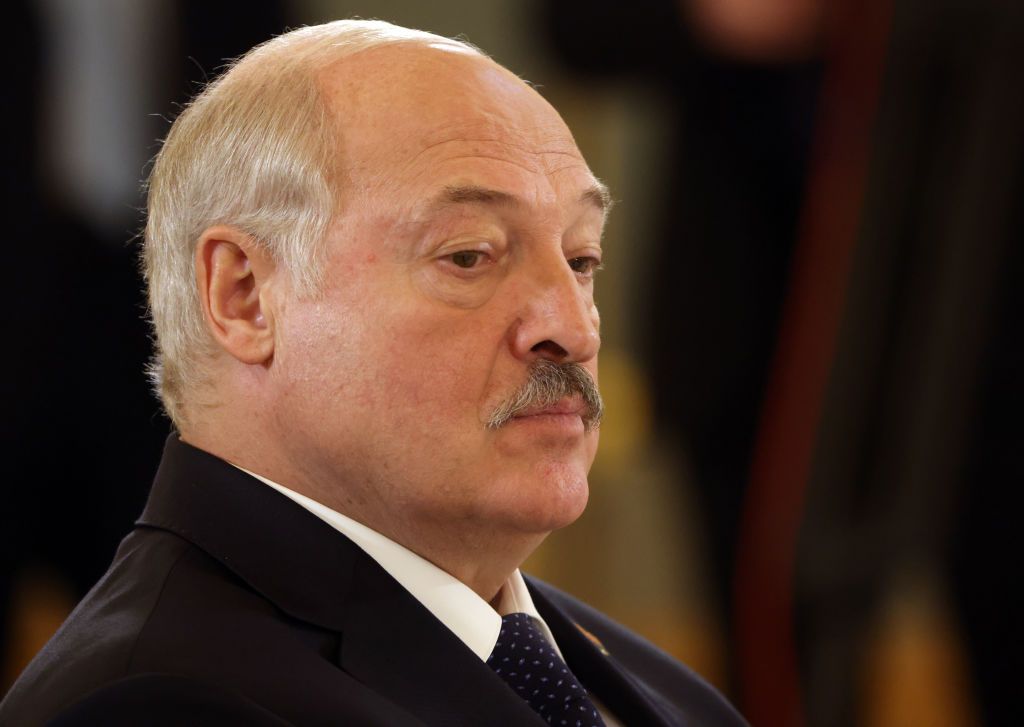In an extensive interview with Martha Raddatz, Ukrainian President Volodymyr Zelensky told ABC News that U.S. aid to Ukraine must remain a political priority despite "dangerous signals" from certain politicians.
Zelensky said "it is important for us to preserve the bipartisan support of Ukraine."
The discussion, held in Kyiv, touched on Ukraine's ongoing counteroffensive, Putin's vulnerabilities, and possible resolutions to the war.
Regarding the counteroffensive, Zelensky stated that he does not feel pressured to accelerate its pace. "Today, the initiative is on our side," he said.
Zelensky didn't dispute reports that a key goal of the counteroffensive is to reach the Crimean border and push Putin into negotiations. He said that once Ukrainian forces reach that point, "it's very likely that Putin will be forced to seek dialogue with the civilized world."
Raddatz also asked Zelensky about the possibility of nuclear weapons in Belarus and the risk of Wagner Group activity there.
Zelensky said he doubted Putin would employ nuclear weapons and did not fear a Wagner attack from Ukraine's northern border. Rather, he emphasized that the Wagner revolt, led by Yevgeniy Prigozhin, reveals the Russian dictator's weakness.
"There is a signal that there might be another mutiny in Russia, a revolution," he said.
Zelensky expressed hopes that the forthcoming NATO summit in Vilnius would produce concrete security guarantees for Ukraine. Alongside other Western allies, he has been vocal in advocating for Ukraine's place in NATO.
"Ukraine has already got a place in the world for itself. I consider that as a fact," Zelensky said. "We're now a country that is respected, a country that is really fighting for human values, for human rights, for freedom, for democracy."










